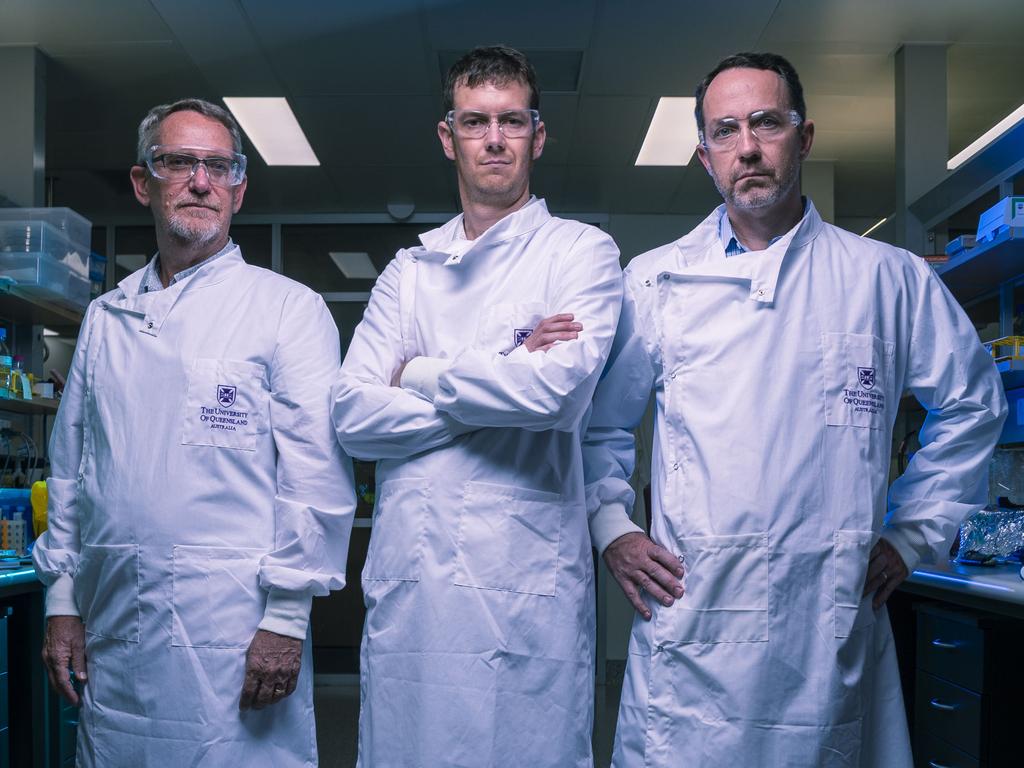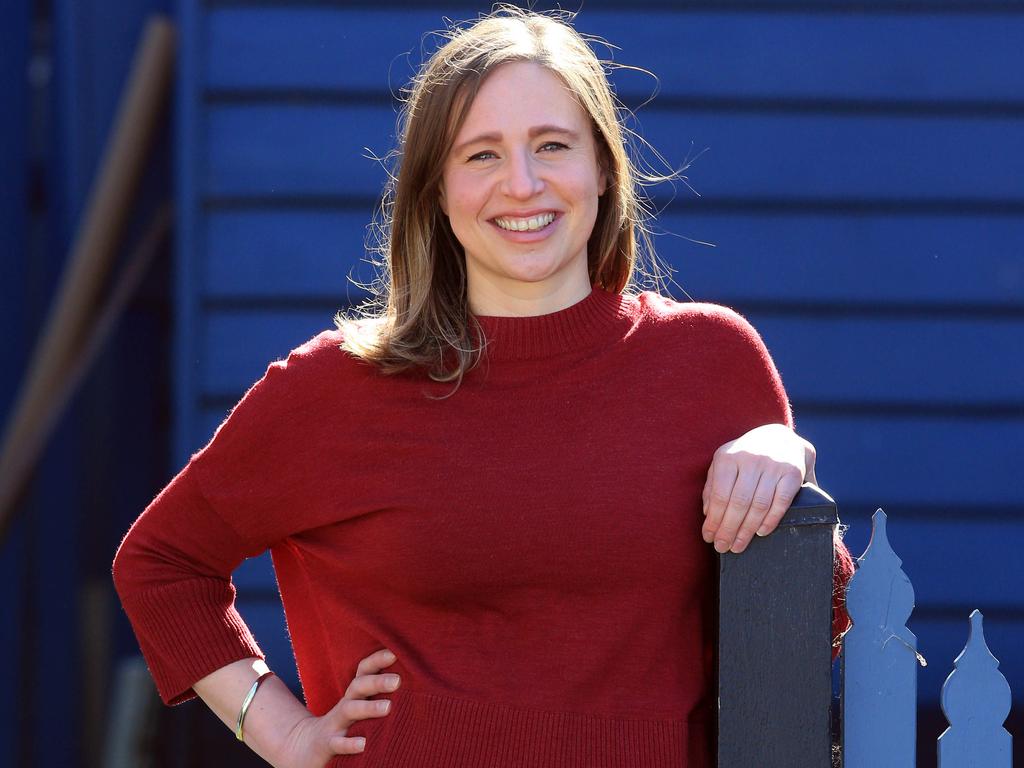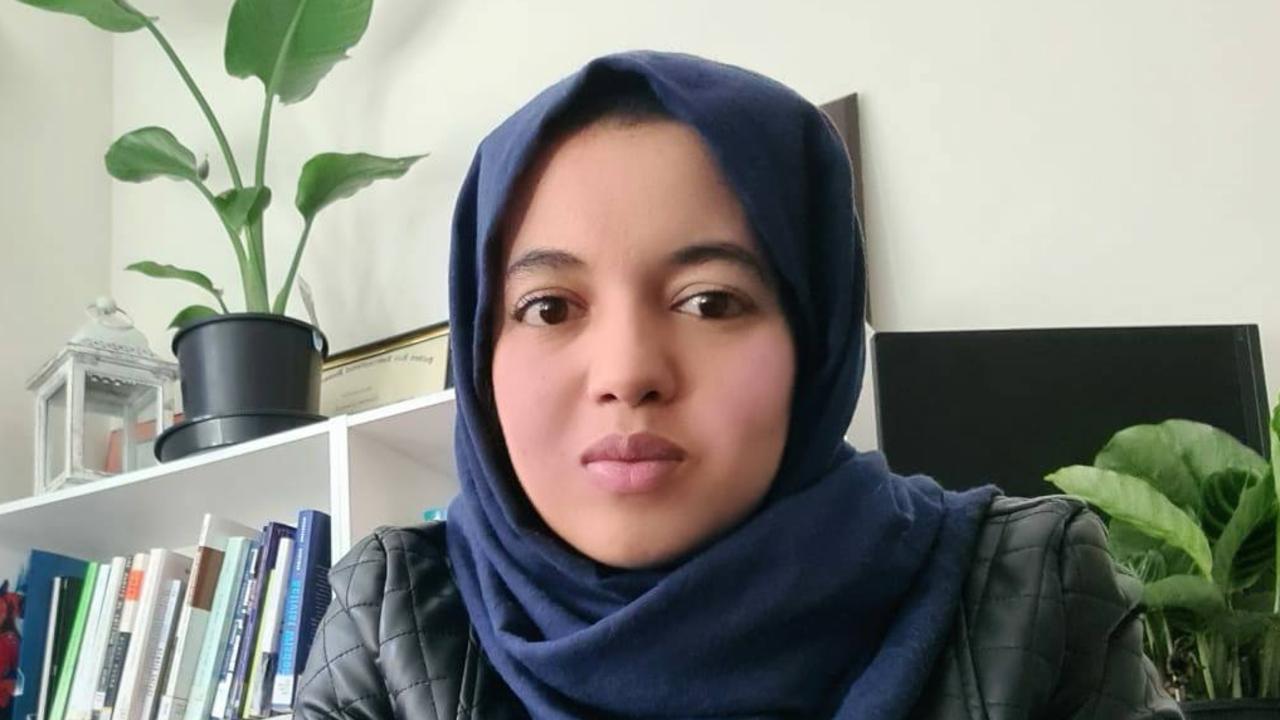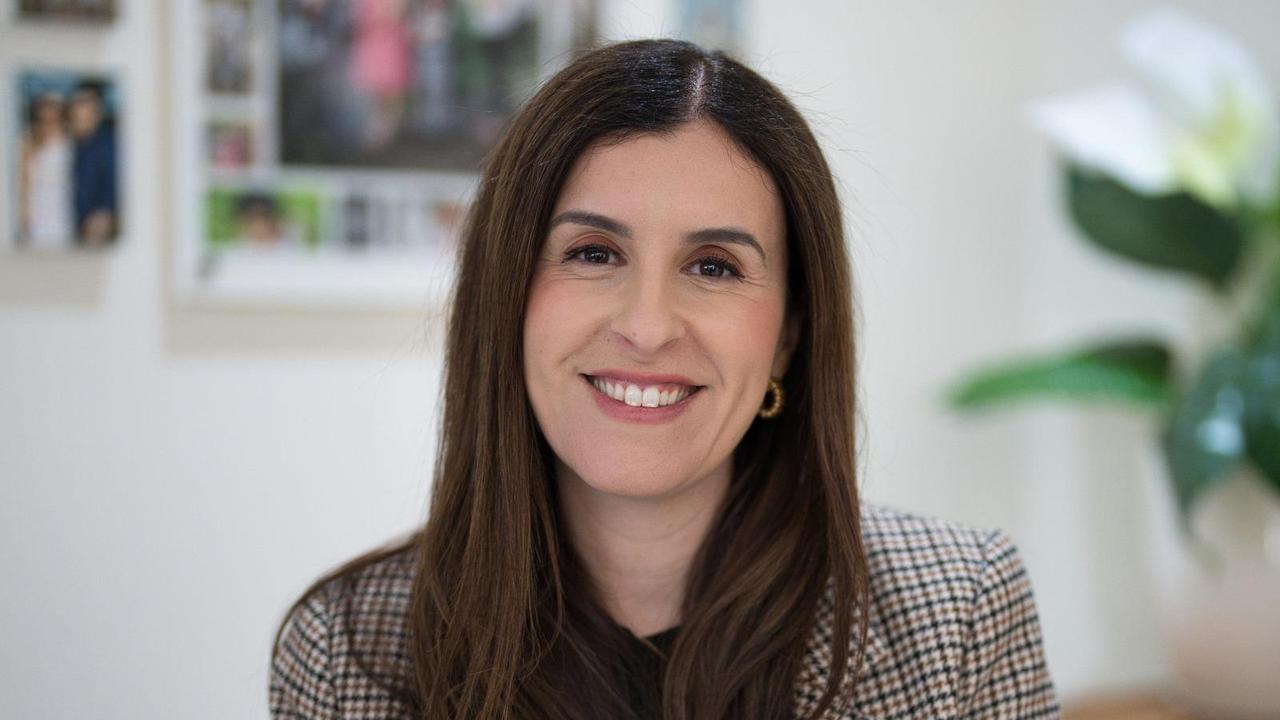Eco-friendly cows next on the list for geneticist Jennie Pryce
Geneticist Jennie Pryce is on a mission to curb bovine emissions and maximise other useful traits in our dairy herds.
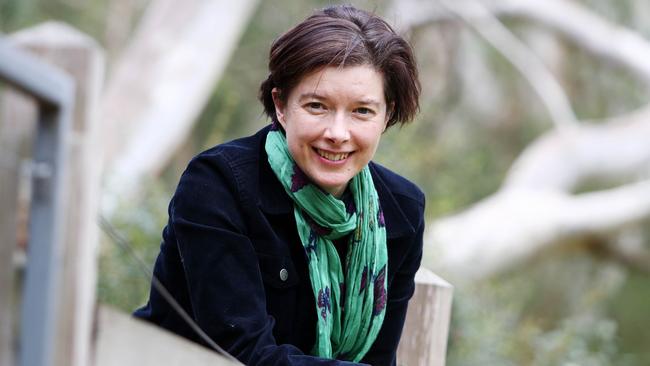
Solving the problem of farting cows is high on geneticist Jennie Pryce’s to-do list and if her success with breeding dairy cattle for heat resistance and maximising their nutrition is anything to go by, the world should be optimistic about her prospects.
“We were the first place in the world to provide national breeding values for feed efficiency and heat tolerance in dairy cattle; the research we did here was cutting edge,” the Agriculture Victoria principal research scientist and professor of animal genetics at La Trobe University says of her team.
Now they are measuring individual cow methane emissions on a large scale and collaborating internationally to combine very large datasets. “We’re working on whether we can breed environmentally friendly cows — and we think that’s possible.”
Professor Pryce is named as Australia’s top researcher in the field of animal husbandry in The Australian’s 2020 Research magazine. As the daughter of Shropshire dairy farmers, she understood early the trials and rewards of raising and managing a herd, and at 11 began building her own group of pedigree Holsteins, which ultimately numbered 10.
“It was very much a hobby and a part of my parents’ farm,” she says, but that formative experience inspired her career in breeding. “I knew from a very young age that I wanted to be a geneticist, without really knowing what that word meant — seeing the difference that you can make by making a careful selection of the parents of the next generation.”
She chose The University of Edinburgh for her first degree, in animal science, because of its specialty in the field – and its breeding herd — and worked for research agency Scotland’s Rural College before heading to New Zealand for seven years with breeding company Livestock Improvement Corporation.
Then she was lured to Melbourne, a dairy genetics hotspot, to work with Mike Goddard and Ben Hayes who with Theo Meuwissen invented genomic selection, at what was then the state’s Department of Primary Industries.
“What they were doing was groundbreaking: reading the DNA and looking for associations between those genetic markers and things that were important for farmer profitability, animal welfare and environmental impact,” Professor Pryce says. “I wanted to be part of it.”
Her own reputation, then and now, was for work on dairy cow fertility, feed efficiency, and using genomics selection for new traits. “I have been lucky that my PhD on genetics of health and fertility in dairy cattle has continued to be the focus of modern breeding programs internationally.”
Five years ago, using research she led at Agriculture Victoria, industry-owned company DataGene was able to release a breeding “value” for feed efficiency, information farmers can use to make selection decisions to reduce feed costs while maintaining productivity.
“Feed efficiency is one of the traits that are one of the characteristics that they are really interested in improving. But you have to be able to measure feed intake in individual cows and that’s very expensive. The great thing about genomics is that you can look for associations between the genetic markers and feed intake patterns, if you like, based on a much smaller population.”
She credits her research success to collaborations old and new, and they have clearly been fruitful. “I think Agriculture Victoria got around about four or five out of the top 100 cited papers this year in the Journal of Dairy science, which is pretty good going when you think about the powerhouse of the US and Europe.”


